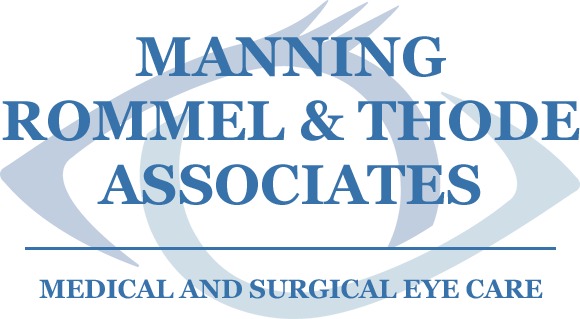Cataracts commonly affect older adults, causing cloudy or blurry vision due to this prevalent eye condition. They occur when the eye’s natural lens becomes opaque, obstructing light from passing through clearly. This can significantly impact daily activities, making tasks such as reading, driving, or recognizing faces challenging. Fortunately, cataract surgery in Lancaster, PA, offers a highly effective solution to restore clear vision.

Understanding Cataract Surgery
Cataract surgery is a straightforward and commonly performed procedure designed to replace the clouded lens with an artificial intraocular lens (IOL). This surgery is generally quick, takes about 15–30 minutes, and is typically performed outpatient. Patients are usually awake during the procedure, with local anesthesia administered to numb the eye. The surgeon makes a small incision, removes the cloudy lens, and inserts the IOL. Vision improvement is often noticeable within a few days.
Preparing for Cataract Surgery in Lancaster, PA
Proper preparation can help ensure a smooth surgical experience and an optimal recovery. Here’s a step-by-step guide:
Medical Examination
Your ophthalmologist will conduct a thorough pre-surgery eye examination to measure your eye and determine the appropriate intraocular lens (IOL) type. This examination may include tests to measure the curvature of your cornea, the size and shape of your eye, and your overall eye health. These details are crucial for customizing the surgery to your specific needs.
Medication Adjustments
Ensure your doctor is aware of all of the medications you take, including over-the-counter drugs and supplements. Adjustments may be necessary, particularly for medications impacting blood clotting. Your doctor might provide specific instructions on how to manage these medications in the days leading up to your surgery.
Dietary Considerations
Follow any fasting instructions provided, typically requiring no food or drink for 12 hours before cataract surgery in Lancaster, PA. This is important to reduce the risk of complications during anesthesia. Your ophthalmologist may also recommend avoiding alcohol and heavy meals in the days leading up to the procedure.
Arrange Transportation
Plan for transportation after surgery, as your vision may be compromised, making it essential to have someone available to drive you home. Having someone present for the initial 24 hours post-surgery is beneficial to help with immediate requirements and support. Make sure your home is prepared with any necessary items within easy reach to minimize strain during the initial recovery period.
Recovery Timeline
Understanding the recovery timeline after your cataract surgery in Lancaster, PA, is crucial for managing expectations and ensuring a smooth healing process.
Immediately After Surgery
- Rest and keep your eyes closed as much as possible.
- Use the eye drops that are prescribed to you to prevent infection and reduce inflammation.
- Avoid rubbing or pressing on your eye.
First Few Days
- Mild discomfort, light sensitivity, and itching are normal.
- Wear the provided eye shield while sleeping to protect your eye.
First Week to One Month
- Gradual improvement in vision.
- Attend follow-up appointments to monitor healing and adjust medications if necessary.
Tips for a Smooth Recovery
Here are practical tips to facilitate a comfortable and effective recovery:
Manage Post-Surgery Discomfort
- Use over-the-counter pain relievers as needed, following your doctor’s guidance.
- Use cold compresses to alleviate swelling and irritation.
Prevent Infection
- Keep your hands clean, and avoid touching your eyes.
- Follow your doctor’s instructions on using antibiotic eye drops.
Promote Healing
- Ensure ample rest and follow a nutritious diet packed with vitamins A and C to promote optimal eye health.
- Stay hydrated and avoid smoking, as it can impede the healing process.
Recommended Activities
Knowing what activities to avoid and which are safe can help protect your healing eye:
Activities to Avoid
- Avoid strenuous activities like heavy lifting, bending, or intense exercise post-surgery.
- Swimming or using hot tubs can increase the risk of infection.
- Refrain from driving until you receive clearance from your doctor.
Safe and Beneficial Activities
- Light walking and gentle stretching.
- Watching TV or using digital devices with breaks to rest your eyes.
Follow-Up Care
It is essential to attend follow-up appointments to facilitate proper healing and uphold long-term eye health. Your doctor will:
- Check for any signs of complications.
- Monitor the position and condition of the IOL.
- Adjust your prescription for glasses if needed.
Schedule an Appointment Today
If you or a loved one is considering cataract surgery and would like more information, don’t hesitate to contact the experts at Manning Rommel & Thode Associates. Our Lancaster, PA, team is dedicated to providing the highest quality of care and ensuring a smooth recovery process.
Contact us today at (717) 393-7980 to schedule your appointment and take the first step toward clearer vision!
